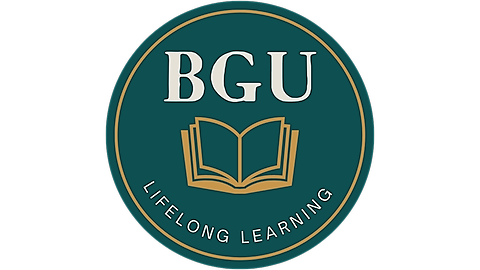
BGU: The History of Northern Renaissance Art WEEK 1
The History of Northern Renaissance Art (Monday, April 8th- April 29th at 11:00am in Blackmer Hall)
This 4-week course will introduce students to the history of Northern Renaissance art. Students will learn about Flemish, Dutch, and German artists who worked between 1400-1600. Students will gain an understanding of the principles and techniques employed by these artists; visual comparisons will be made with contemporaneous Italian Renaissance art.
Week 1: Divinity in Everyday Life : Robert Campin, Jan van Eyck, Rogier van der Weyden (Monday, April 8th, at 11:00am in Blackmer Hall)
Week 2: The Body and Natural Materials: Martin Schongauer, Matthias Grünewald, Albrecht Dürer (Monday, April 15th, at 11:00am in Blackmer Hall)
Week 3: Visualizations of the Fantastic: Lucas Cranach the Elder, Hans Baldung, Hieronymus Bosch (Monday, April 22nd, at 11:00am in Blackmer Hall)
Week 4: Realism in Politics and Myth: Pieter Bruegel the Elder, Jan Gossaert, Hans Holbein the Younger (Monday, April 29th, at 11:00am in Blackmer Hall)
April 8 @ 11:00 am



